What Is Radiation and What Does It Do?
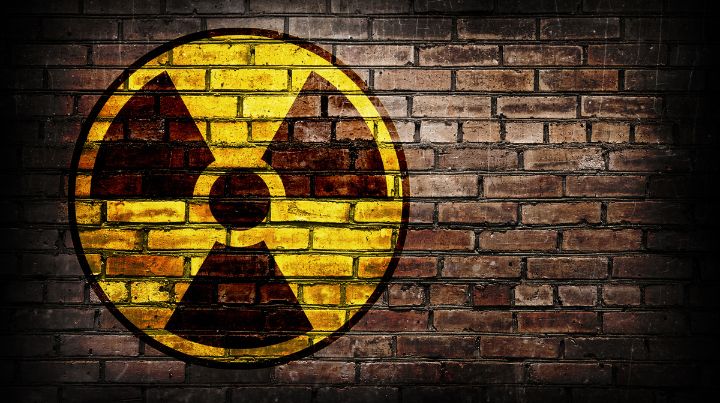
At the blast of a nuclear bomb, we’re all conditioned to think, “Radiation!” but what is it? We know that radioactive material makes nuclear weapons uniquely dangerous and frightening, but how is it different from other poisonous substances? Can something poisoned by radiation ever be clean again?
I sincerely hope none of us ever has to deal with any kind of nuclear event, but understanding what radiation is and does can help us be prepared for whatever unfortunate events may occur.
What Is Radiation?
Radiation is the movement of energy. Energy can move via particles or waves. We’re bombarded by radiation all the time. Microwaves, cell phones, and radios all use radiation. When the sun warms us up, that’s radiation. Heck we can even get radiation from outer space in the form of cosmic rays. But most of it is non-ionizing, which means that the radiation does not form ions. Non-ionizing radiation uses enough energy to transmit radio signals or make you warm; it does not use enough energy to change the structure of atoms.
Ionizing radiation does. Ionizing radiation has enough energy to knock electrons out of orbit, which forms ions. There are also a lot of applications for Ionizing radiation in the medical world. When used in a controlled environment, it’s not something to be afraid of; it’s just another tool requiring training and care.
What is Ionizing Radiation?
There are four types of ionizing radiation: alpha, beta, gamma, and neutron.
Alpha Radiation
Radiation from alpha particles happens when an unstable atom emits two protons and two electrons. These alpha particles are large and heavy—they can’t pass through your skin or paper, and travel less than a foot in the air. This is why nuclear safety advisories tell people to immediately cover their noses and mouths with clothing or a handkerchief if they suspect an atomic weapon has detonated. It might sound silly because your t-shirt won’t do a thing to protect against gamma rays, but it will protect against some of the alpha-radioactive compounds being formed.
Beta Radiation
Beta radiation happens when the unstable atom emits high-energy particles that can be either positive or negative. The beta particles are more energetic than alpha, but they are stopped by metals such as copper or aluminum and only travel a few feet through the air.
Gamma Rays
Gamma rays are extremely high energy. They are short, high-frequency waves that move at the speed of light. They can kill living things, which is why they’re used to sterilize medical equipment. Gamma rays will travel through water and light metals like aluminum but are blocked with lead shielding. Gamma rays are simply energy; they don’t persist in the environment themselves, but they can permanently damage living tissue.
Neutron Radiation
Neutron radiation only occurs in reactors or bombs. It can also happen when streams of high-energy neutrons are released. Neutrons have no charge and so cannot be stopped by any electric means. They can pass through heavy metals like lead and cadmium. Thick layers of water and concrete are used to shield against neutrons. This is why fallout shelters are made of concrete and buried underground.
When neutrons strike other substances, they form radioactive isotopes (radionuclides), which will emit alpha and beta particles, and gamma rays. So, shielding from streams of neutrons typically involves heavy metal shielding such as lead or cadmium, too; they’re not shielding from the neutrons themselves but from the gamma rays emitted when neutrons strike other atoms.
What Happens When A Nuclear Bomb Explodes?
When a nuclear bomb explodes, a fireball is created that vaporizes everything in its radius. The vaporized material gets sucked into the air, and that’s what forms the mushroom cloud. A great deal of radiation is released in the blast, and so the mushroom cloud is full of radioactive material.
Neutron radiation is only released in the blast itself; however, that blast creates many radionuclides that then emit alpha, beta, and gamma radiation. That cloud of radioactive dust and debris is what we’re talking about when we talk about fallout.
How Long Does That Dust Remain Toxic?
It really depends on the radioactive decay. Elements will no longer be radioactive when they shed enough particles to become stable. The amount of time that takes varies from element to element. Iodine-131, for example, has a half-life of 8 days. Cesium-137, on the other hand, has a half-life of more than 30 years.
“Half-life” refers to the amount of time in which half the amount of a given substance has decayed. So, for Iodine-131, approximately half of it will have decayed into stable forms in eight days, and no longer be radioactive. Within the space of a few months, levels of the radioactive substance will no longer be measurable. Even though many nuclear tests were conducted within the United States in the 1950s and 1960s, the overwhelming majority of radioactive material produced by those tests has decayed to a point where it is undetectable.
However, if that radioactive material is inhaled or ingested during those first few weeks when it is abundant, it can cause lifelong damage. Inhalation or ingestion of alpha particles has been linked to lung cancer. Exposure to beta particles can cause cataracts, radiation burns (similar to severe sunburns), and increased chances of cancer. Exposure to gamma rays increases an individual’s chance of getting cancer, as well.
Why Do Radioactive Materials Cause Cancer?
Why do radioactive materials lead to such an increased risk of cancer? Cancer is the unchecked growth of the wrong kinds of tissues within the body. Radiation damages DNA within the body, meaning messaging about what needs to grow and what needs to stop growing gets messed up. This is really simplified, but in a nutshell, that’s why cancer has been so common among Hiroshima and Nagasaki survivors, as well as people exposed in accidents such as Chernobyl and Three Mile Island.
As scary as all this sounds, it’s important to remember that people have very different susceptibilities to radiation-induced cancer. A few hundred people insisted on staying in their homes within Chernobyl’s exclusion zone; many of them reached old age with relatively few health problems despite the fact that this is one of the most polluted places in the world.
After the bombings in Hiroshima and Nagasaki, some people survived while others in the same area succumbed to radiation sickness. Life is a gamble, and some people are big winners when it comes to living with radioactive materials in the environment.
Many, however, are not, and none of this means we should be cavalier about the prospect of nuclear war. The environments around Hiroshima and Nagasaki recovered, but those are only two cities destroyed by two bombs. Many thousands of nuclear weapons exist today, capable of doing incredible damage.
Hopefully, understanding radiation a little better will help you know what to be afraid of. In times of uncertainty, it’s better to do your best to understand and prepare for possible dangers rather than to live in anxiety.
Additional Resources:
- Potassium Iodide: A Nuclear Survival Kit Must Have
- How to Prepare for a Violent Future
- M4S Podcast 151: Realistic Prepping with Jim Cobb
- Prepping for Industrial Disasters
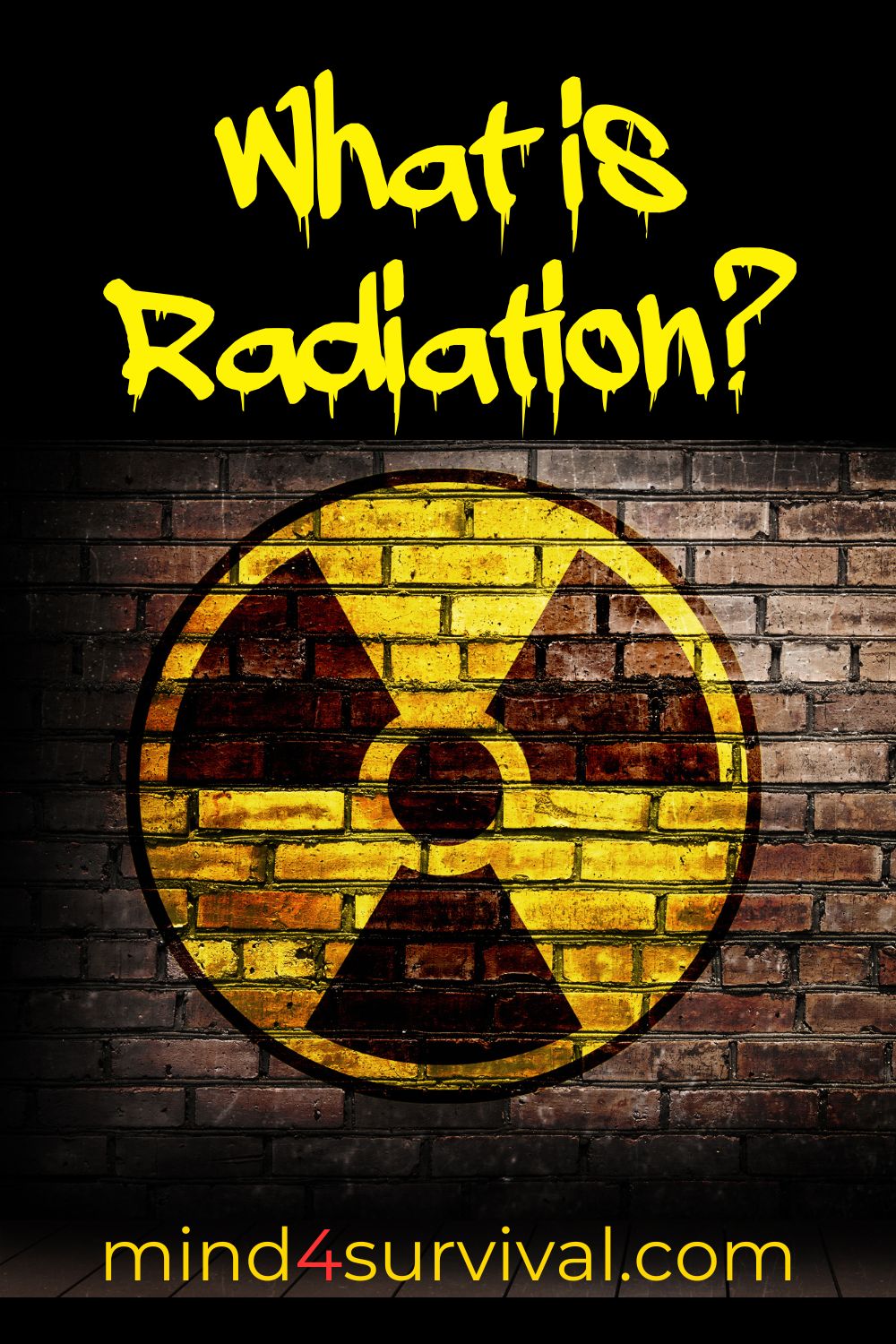
Don't Miss Out!
Join the thousands of people who rely on Mind4Survival preparedness advice by subscribing to our FREE newsletter.
- Practical preparedness information
- Zero Spam
- < 0.25% of people unsubscribe




Join Mind4Survival!
Stay informed by joining the Mind4Survival! 100% Secure! 0% Spam!
Follow Us!
Affiliate Disclosure
Mind4Survival is a free, reader-supported information resource. If you make a purchase through our link, we may, at no cost to you, receive an affiliate commission.

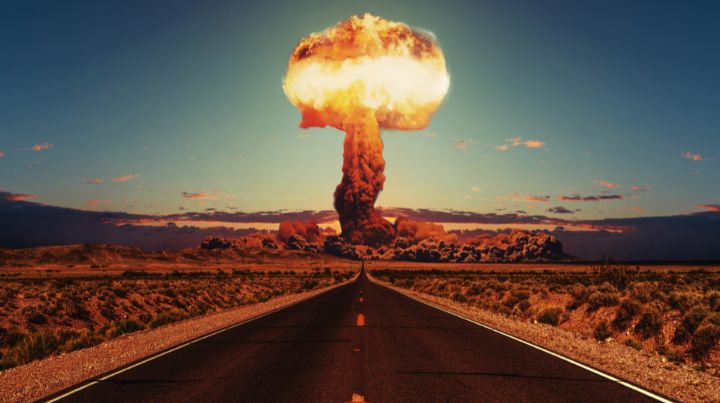
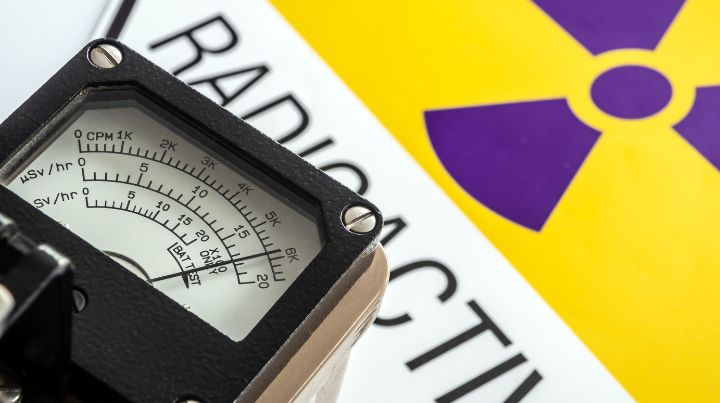
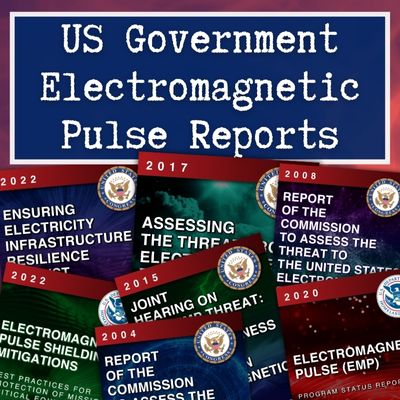
Thanks for the good information. All too many people feel a nuclear war would end life on earth as we know it – forever. Yes, as you pointed out, many people will be affected by everything, but some people will survive. Be prepared as best as possible, and hope for the best.
Interesting article, thanks for the info!